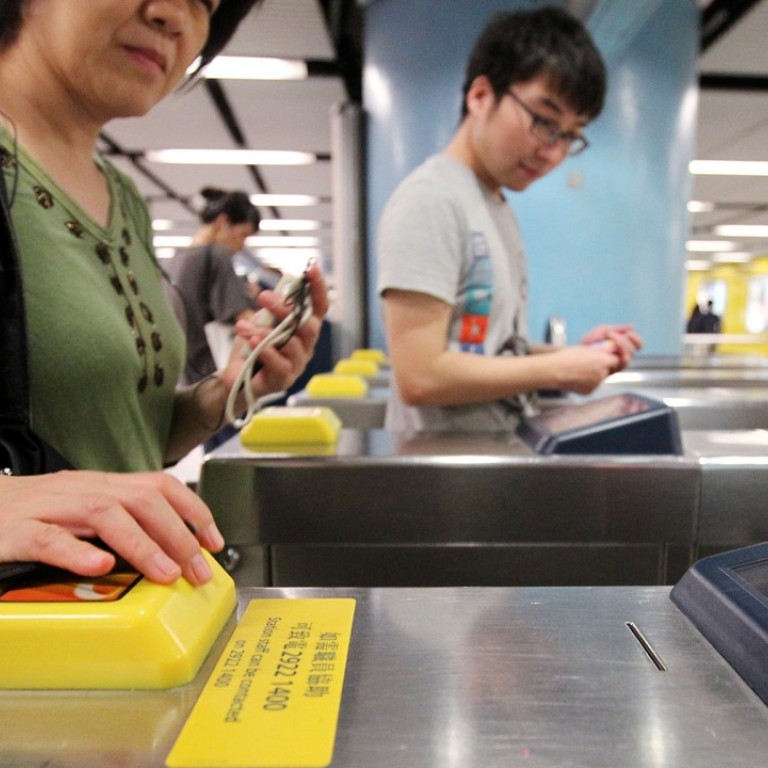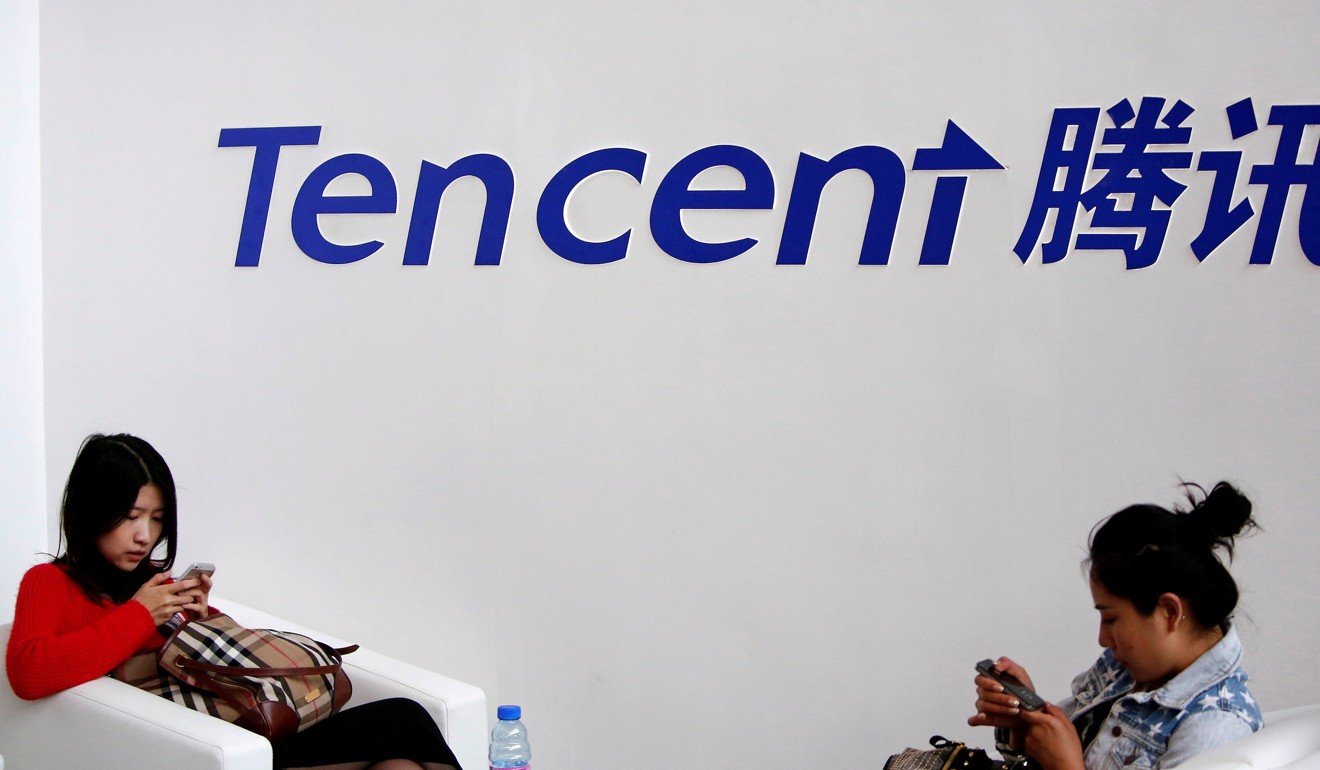
Contactless competition: WeChat Pay is coming to Hong Kong’s MTR, and Alipay may not be far behind
From next month, customers will be able to use their mobile phones to make payments at two yet-to-be-announced stations
Commuters on Hong Kong’s MTR will soon be given a new quick payment option as the railway operator has partnered with the mainland’s second-largest mobile payment provider WeChat Pay, it announced on Thursday.
WeChat Pay’s main rival, Alipay, said it would follow suit in the “near future”.
Starting next month, commuters and tourists can purchase tickets with their mobile phones at two stations selected for the trial scheme.
While the initiative arguably benefits mainland tourists more than Hongkongers, it breaks a 20-year stronghold by the contactless Octopus card on how train fares can be paid for.
China’s Tencent taps US for advertising to boost WeChat revenue growth
“Under the collaboration, mobile payment solutions including WeChat Pay Hong Kong and Weixin Pay will be offered to the customers of MTR, providing Hongkongers and Chinese travellers an expanded payment option that is simple, secure and convenient,” a company statement read.
Weixin, the original name of the Chinese messaging app, was rebranded to WeChat in the company’s push to attract a global audience.

While WeChat Pay and Weixin Pay belong to the same company, the systems are not connected. WeChat Pay caters to Hongkongers only, while Weixin Pay works solely on the mainland market.
“The company noticed electronic payments are becoming popular, with a multitude of payment options on the market. Following a study, MTR has decided to roll out the trial scheme,” a spokesperson said.
It is believed WeChat Pay is not the only partner in this trial scheme. Its arch rival Alipay is believed to be in talks with MTR to introduce an identical payment option.
Alipay is a unit of Ant Financial Services Group, an affiliate of Alibaba Group Holding which owns the South China Morning Post.
MTRiders, an unofficial Facebook group set up by MTR staff, revealed that both WeChat Pay and Alipay will be accepted after the scanners are retrofitted into the ticket machines.
A spokesperson for Ant Financial would not confirm the news, but said MTR ticket purchases would be “one of the scenarios” when Alipay rolls out a series of new features in the near future.
The mobile payment feature is believed to cater to mainland tourists, who often struggle to find the right coins at the ticket machines.
WeChat users censoring content amid China crackdown on social media
But the WeChat option will be confined to the purchase of single-journey tickets – a big disadvantage when compared to Octopus cards which commuters can swipe at the gates, without the need to stop at all.
The MTR also charges higher fares for single-journey ticket users, presumably to cover administration costs.
For example, a trip from Admiralty to Tung Chung costs HK$25.50 if you purchase a one-off ticket, but only HK$22.40 using Octopus.
Introduced in 1997, the Octopus stored-value card has become the default payment option for Hongkongers when using public transport.
The company is owned by five transport operators, with the MTR controlling a majority 57.4 per cent share.
But recent aggressive tactics by WeChat Pay and its rivals to enter the Hong Kong market have set off alarm bells for Octopus, whose O! ePay electronic wallet has received a lukewarm response since its launch a year ago.

